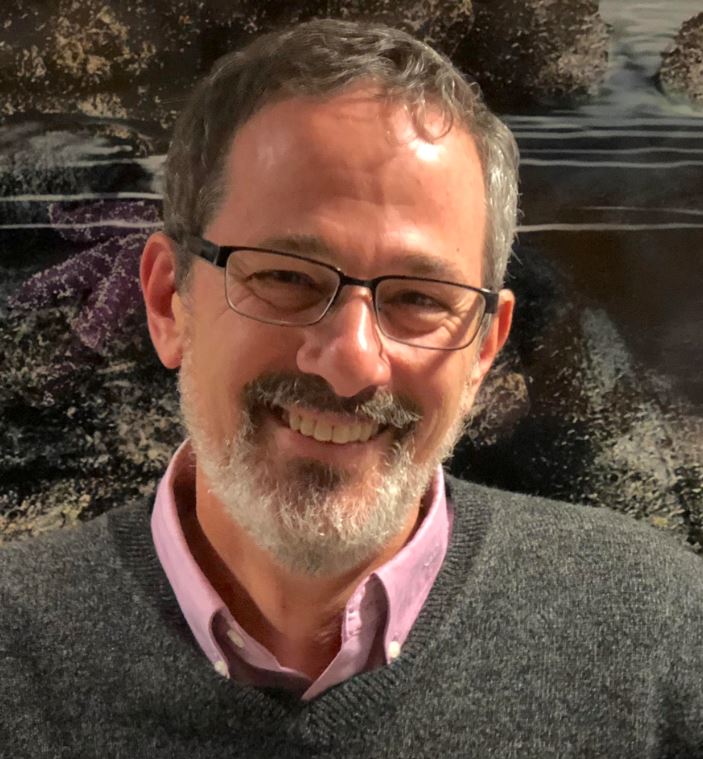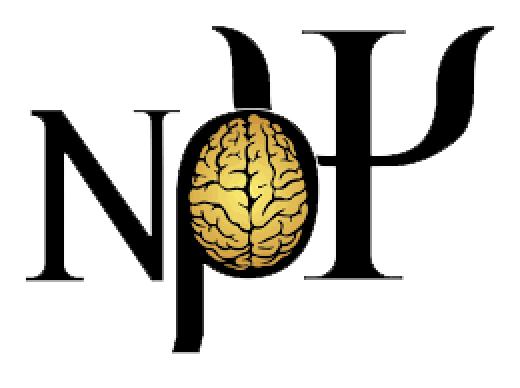
Neuroscience is continuing to grow at UMass. We welcome a number of new faculty members who are starting their labs. One of them, Jennifer Rauch, will be presenting her work at a Neuroscience & Behavior Seminar on February 17th. Computational Neuroscientist, Larry Abbott from Columbia University will present a Neuroscience Distinguished Lecture on February 10th. Dr. Abbott has given some of the most eloquent explanations of computations that I have ever seen. He has the ability to take difficult subjects and convey their essence.
Over the last few months, I have been working with engineering and computer science faculty to submit an NSF graduate training grant in Biological Neurotechnology. We are building a training program that will enable our students to work in teams across disciplines and make the next advances in the neurosciences. The future of research on the brain is dependent upon technological advances in recording technology and machine learning, both of which are strengths at UMass. I am looking forward to seeing new collaborations emerge on this campus to tackle the most challenging research questions.









 Oct 28, 2020
Oct 28, 2020 Nov 4, 2020
Nov 4, 2020 Nov 11, 2020
Nov 11, 2020 Nov 18, 2020
Nov 18, 2020


 The Synapses, Circuits, & Behavior Journal Club
The Synapses, Circuits, & Behavior Journal Club